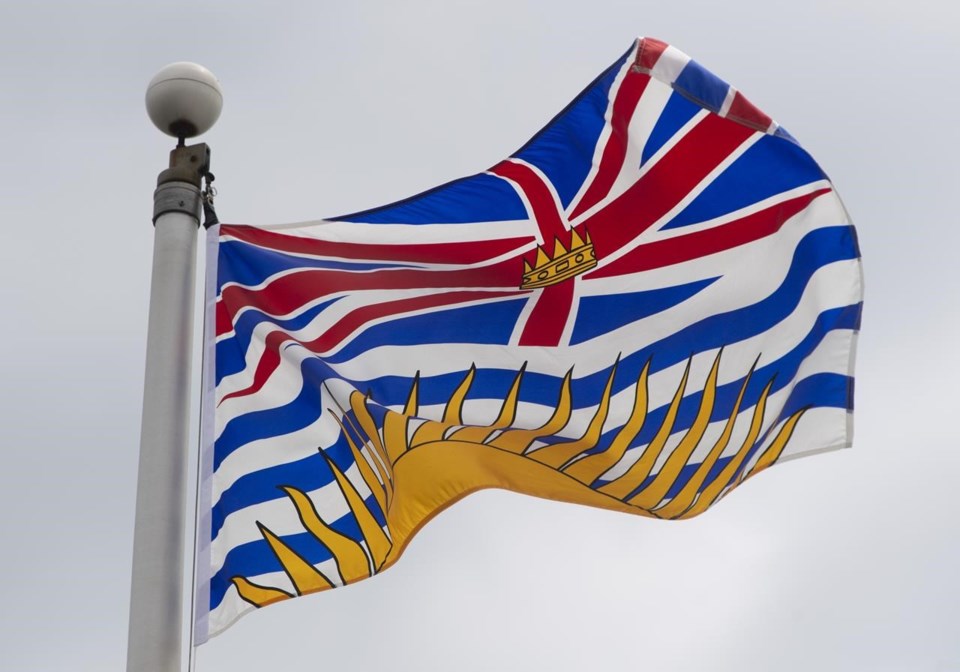VANCOUVER — Environment Canada says the first hot spell of the year is about to settle over much of British Columbia, bringing temperatures in the low to mid-30s until at least early next week.
Special weather statements now cover the inner south coast, east to the Alberta boundary and north to Fort St. John, raising concerns that daytime heat and modest overnight cooling will rapidly melt still-heavy snowpacks, adding to flood risks.
The River Forecast Centre has upgraded the Quesnel River east of Williams Lake to a flood warning and raised the Thompson River to a flood watch along the section from Kamloops to Spences Bridge.
Thunderstorms and rain have the potential to push those waterways above flood stage before expected heat compounds the problem with snowmelt.
The centre is maintaining flood watches for other rivers in the Cariboo, Thompson and Shuswap regions.
In northeastern B.C., a rainfall warning and special weather statement are posted as up to 50 millimetres of rain is expected, causing what the centre says could be rapid jumps in river levels by Thursday.
River forecasters have added areas around Fort Nelson and the Northern Rocky Mountains to the flood watch issued earlier for the Liard River between Fort Nelson and the Yukon boundary.
A high streamflow advisory has been issued for the Nechako River from Vanderhoof east toward Prince George, although major flooding is not expected there.
This report by The Canadian Press was first published June 22, 2022.
The Canadian Press



